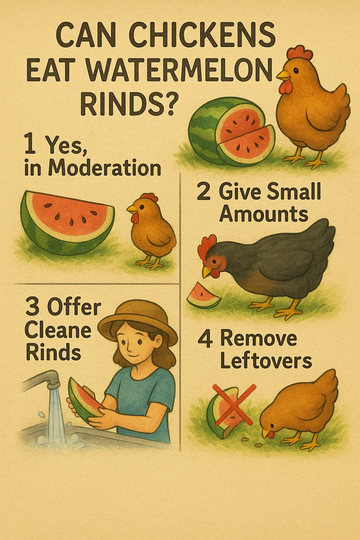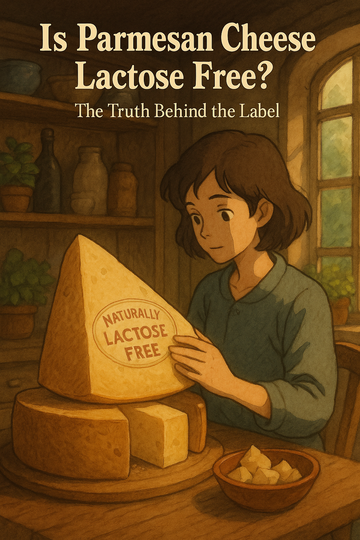Can Chickens Eat Watermelon Rinds? A Simple Guide for Backyard Flocks
Watermelon is a favorite summertime treat—and if you’re raising chickens, you might be wondering: Can my chickens enjoy the rinds too? The answer is yes, but with a few guidelines. Let’s walk through the key steps to safely feed watermelon rinds to your feathered friends.
🥇 1. Yes, in Moderation
Chickens can eat watermelon rinds, but they should be treated as a snack—not a meal replacement. The rind is high in fiber but low in essential nutrients, so it's best offered occasionally alongside their regular balanced diet.
🥈 2. Give Small Amounts
Don’t dump an entire half rind into the coop. Instead, cut it into smaller pieces or thin strips. This makes it easier for the chickens to peck at and reduces the chance of waste or spoilage.
🥉 3. Offer Cleaned Rinds
Before feeding, always wash the rind thoroughly to remove pesticides, dirt, or bacteria. Especially if the watermelon wasn’t organic, this step is essential for keeping your flock healthy.
🏅 4. Remove Leftovers
After a couple of hours, remove any leftover pieces from the coop or run. Old rinds can attract pests or grow mold, which can be harmful to chickens if ingested.
Final Thoughts
Watermelon rinds make a refreshing and hydrating treat for chickens on hot days. As long as you:
-
Serve them in moderation,
-
Portion them properly,
-
Clean them thoroughly,
-
And dispose of leftovers—
You’re offering your chickens a fun and safe snack. Plus, it’s a great way to reduce food waste! 🍉🐔








